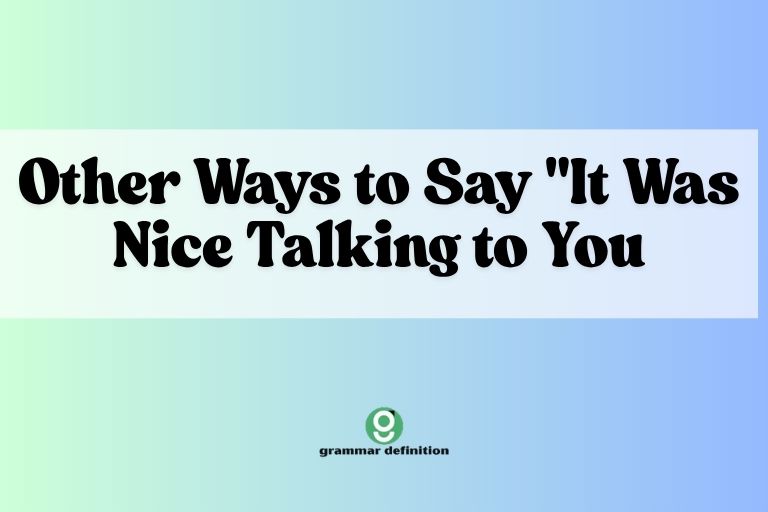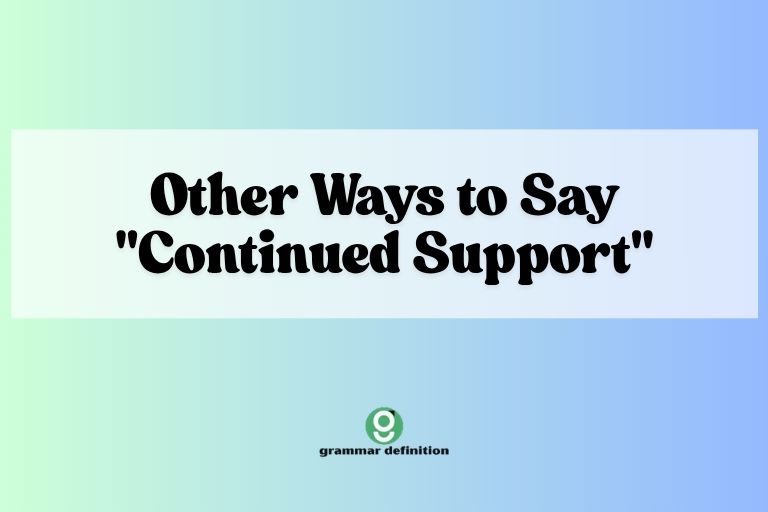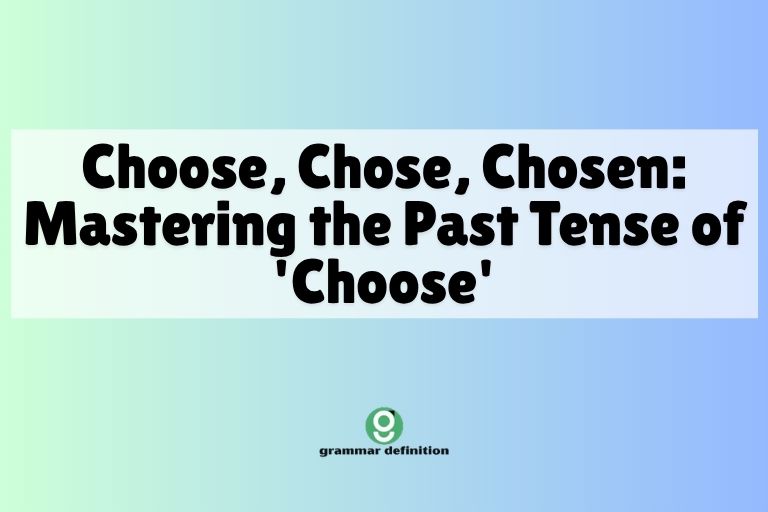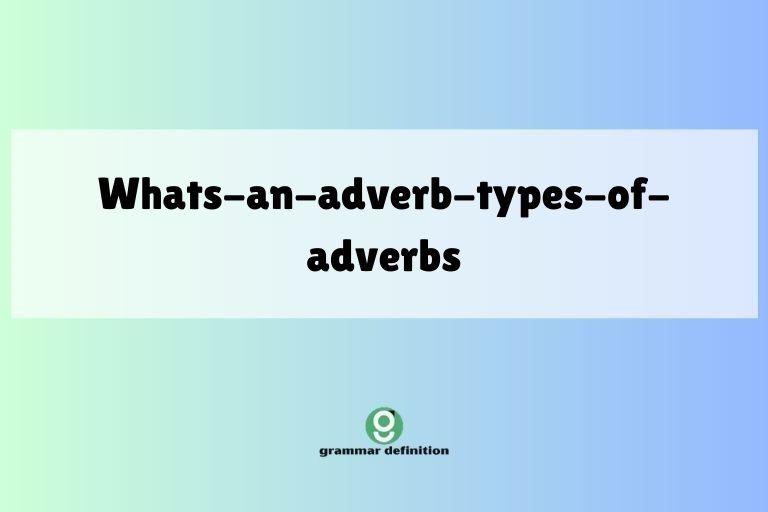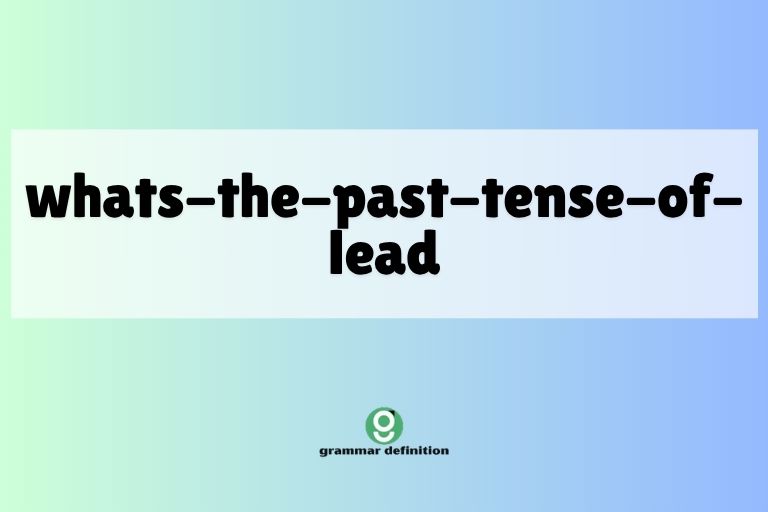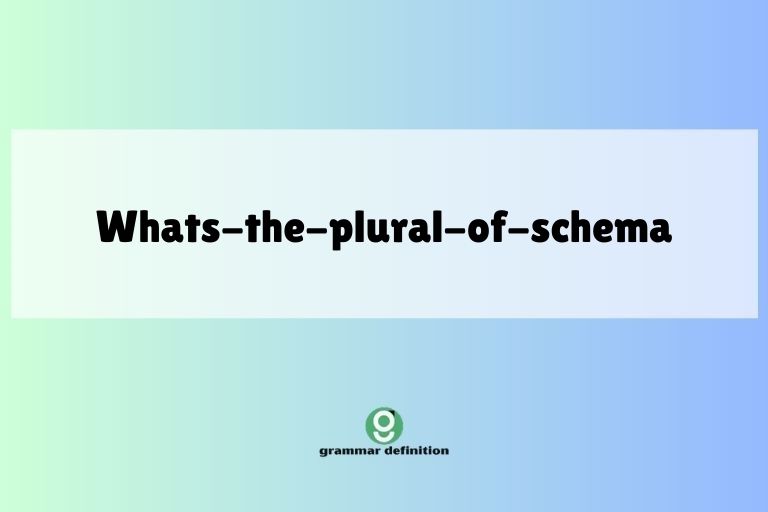Favour vs. Favor: Understanding the Correct Usage
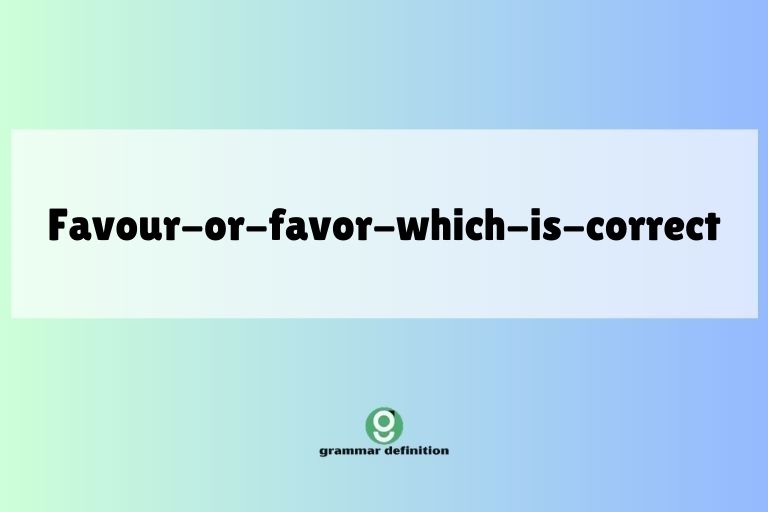
Navigating the nuances of the English language can sometimes feel like traversing a minefield of subtle differences. One such area of potential confusion lies in the spelling of words like “favour” and “favor.” Both words carry the same core meaning, but their correct usage depends largely on geographical context.
Understanding this distinction is crucial for clear and effective communication, whether you’re writing a formal essay, crafting a business email, or simply engaging in casual conversation. This article will delve into the intricacies of “favour” vs.
“favor,” providing a comprehensive guide to their definitions, usage rules, and common pitfalls, thus equipping you with the knowledge to use them confidently and correctly.
This guide is designed for English language learners, writers, editors, and anyone who seeks to refine their understanding of English grammar and spelling conventions. By the end of this article, you will be able to confidently distinguish between “favour” and “favor” and apply the appropriate spelling in any given situation.
Table of Contents
- Introduction
- Definition of Favour/Favor
- Etymology
- Parts of Speech
- Structural Breakdown
- Types and Categories of Usage
- Noun Usage
- Verb Usage
- Examples of Favour/Favor in Sentences
- Noun Examples
- Verb Examples
- Usage Rules
- British English Usage
- American English Usage
- Exceptions and Special Cases
- Common Mistakes
- Practice Exercises
- Exercise 1: Choose the Correct Spelling
- Exercise 2: Fill in the Blanks
- Exercise 3: Correct the Errors
- Advanced Topics
- Related Words and Phrases
- Historical Context of Spelling Variations
- Frequently Asked Questions (FAQ)
- Conclusion
Definition of Favour/Favor
The words “favour” and “favor” both refer to an act of kindness or goodwill, approval, or preferential treatment. They are essentially the same word, differing only in their spelling due to regional variations in English.
Understanding the subtle nuances of their meaning will allow you to better grasp their applications. The core concept remains consistent regardless of the spelling.
Etymology
Both “favour” and “favor” originate from the Old French word “faveur,” which itself comes from the Latin word “favor,” meaning goodwill, kindness, or partiality. The Latin “favor” is derived from “favere,” meaning to be well-disposed toward, to support, or to befriend.
This rich etymological history underscores the long-standing association of the word with positive sentiments and supportive actions. Tracing the word’s roots helps to illuminate its current meanings and usages.
Parts of Speech
“Favour” and “favor” can function as both nouns and verbs. As a noun, it refers to an act of kindness or approval. As a verb, it means to show preference or approval toward something or someone. Understanding the part of speech is crucial to using the word correctly in a sentence. The grammatical role of the word dictates its form and function within the sentence structure.
Structural Breakdown
The structural difference between “favour” and “favor” lies solely in the presence or absence of the letter ‘u.’ This seemingly minor difference is a key indicator of the intended audience and the regional dialect being used. In British English and other Commonwealth countries, the spelling “favour” is preferred, while in American English, “favor” is the standard spelling.
The pronunciation remains virtually identical regardless of the spelling. It’s important to maintain consistency within a single piece of writing.
The visual cue of the ‘u’ acts as a geographic marker for the reader.
Types and Categories of Usage
The word “favour/favor” can be categorized based on its function as either a noun or a verb. Each category has its own specific applications and nuances.
Noun Usage
As a noun, “favour/favor” refers to an act of kindness, a gesture of goodwill, or a display of approval. It can also denote preferential treatment or support.
The specific meaning is often determined by the context in which it is used. Understanding the different shades of meaning is essential for precise communication.
Verb Usage
As a verb, “favour/favor” means to show preference or approval toward someone or something. It can also mean to support or advocate for a particular cause or idea.
The verb form often implies a conscious decision or inclination. The verb form can also mean to resemble someone, typically a parent or other relative.
Examples of Favour/Favor in Sentences
The following examples illustrate the correct usage of “favour” and “favor” in various contexts, highlighting the distinction between British and American English.
Noun Examples
The table below provides examples of “favour” and “favor” used as nouns in both British and American English.
| British English (Favour) | American English (Favor) |
|---|---|
| Could you do me a favour and help me with this task? | Could you do me a favor and help me with this task? |
| She asked him for a favour. | She asked him for a favor. |
| The politician sought the favour of the voters. | The politician sought the favor of the voters. |
| He won the competition by sheer favour. | He won the competition by sheer favor. |
| The king showed favour to his loyal subjects. | The king showed favor to his loyal subjects. |
| I owe you a favour for your help. | I owe you a favor for your help. |
| She returned the favour by helping him later. | She returned the favor by helping him later. |
| The company gained favour with its innovative products. | The company gained favor with its innovative products. |
| He is in favour with the management. | He is in favor with the management. |
| The new policy is in favour of the employees. | The new policy is in favor of the employees. |
| Winning the lottery was a stroke of favour. | Winning the lottery was a stroke of favor. |
| The judge showed no favour during the trial. | The judge showed no favor during the trial. |
| The proposal found favour with the committee. | The proposal found favor with the committee. |
| Public favour shifted towards the opposing party. | Public favor shifted towards the opposing party. |
| He curried favour with his boss. | He curried favor with his boss. |
| The team played in favour of the home crowd. | The team played in favor of the home crowd. |
| The decision was made in favour of the applicant. | The decision was made in favor of the applicant. |
| He asked for a small favour. | He asked for a small favor. |
| She felt she was out of favour. | She felt she was out of favor. |
| The gods smiled with favour upon them. | The gods smiled with favor upon them. |
As shown in the table, the meaning of the sentences remains identical whether “favour” or “favor” is used; only the spelling differs.
Verb Examples
The table below provides examples of “favour” and “favor” used as verbs in both British and American English.
| British English (Favour) | American English (Favor) |
|---|---|
| I favour his proposal over the alternative. | I favor his proposal over the alternative. |
| The company tends to favour younger candidates. | The company tends to favor younger candidates. |
| Do you favour a particular candidate in the election? | Do you favor a particular candidate in the election? |
| The weather seems to favour outdoor activities today. | The weather seems to favor outdoor activities today. |
| She favours wearing bright colors. | She favors wearing bright colors. |
| The judge will favour the side with the strongest evidence. | The judge will favor the side with the strongest evidence. |
| The new regulations favour small businesses. | The new regulations favor small businesses. |
| He favours a more conservative approach. | He favors a more conservative approach. |
| The artist seems to favour oil paints. | The artist seems to favor oil paints. |
| The odds favour the home team. | The odds favor the home team. |
| The system favours those with experience. | The system favors those with experience. |
| They favour a quick resolution to the problem. | They favor a quick resolution to the problem. |
| I favour the blue dress over the red one. | I favor the blue dress over the red one. |
| She favours her father in appearance. | She favors her father in appearance. |
| The director favours long shots in his movies. | The director favors long shots in his movies. |
| The candidate favours tax cuts for the middle class. | The candidate favors tax cuts for the middle class. |
| The design favours practicality over aesthetics. | The design favors practicality over aesthetics. |
| This policy will favour companies that invest in research. | This policy will favor companies that invest in research. |
| The evidence favours the defendant. | The evidence favors the defendant. |
| The judge favoured the plaintiff. | The judge favored the plaintiff. |
| He favours going to the beach. | He favors going to the beach. |
Again, the meaning is consistent across both versions; it’s only the spelling that distinguishes them.
Here is another table with examples of favour/favor used as a noun and verb in sentences:
| Sentence | Part of Speech | English Variant |
|---|---|---|
| He asked for a favor. | Noun | American English |
| He asked for a favour. | Noun | British English |
| She did me a great favor by helping me move. | Noun | American English |
| She did me a great favour by helping me move. | Noun | British English |
| The politician was seeking public favor. | Noun | American English |
| The politician was seeking public favour. | Noun | British English |
| The company hopes to gain favor with its new product line. | Noun | American English |
| The company hopes to gain favour with its new product line. | Noun | British English |
| I favor his approach to the problem. | Verb | American English |
| I favour his approach to the problem. | Verb | British English |
| The judge will likely favor the defendant. | Verb | American English |
| The judge will likely favour the defendant. | Verb | British English |
| The new policy favors small businesses. | Verb | American English |
| The new policy favours small businesses. | Verb | British English |
| She tends to favor comfortable clothing. | Verb | American English |
| She tends to favour comfortable clothing. | Verb | British English |
| He is in favor of the new proposal. | Noun | American English |
| He is in favour of the new proposal. | Noun | British English |
| I would appreciate it if you could do me a favor. | Noun | American English |
| I would appreciate it if you could do me a favour. | Noun | British English |
| The team played with the home-field advantage. | Noun | General English |
| The politician sought the support of the voters. | Noun | General English |
| She received preferential treatment due to her connections. | Noun | General English |
This table illustrates the consistent difference in spelling while keeping the meaning the same.
Usage Rules
The primary rule governing the use of “favour” and “favor” is based on geographical location. Consistency is key within any given document or piece of writing.
Choosing one form and sticking to it ensures clarity and professionalism.
British English Usage
In British English, the spelling “favour” is the standard and accepted form. This applies to all contexts, whether the word is used as a noun or a verb.
Publications, academic papers, and general writing in the UK and other Commonwealth countries should adhere to this spelling. This convention is deeply ingrained in British English writing traditions.
American English Usage
In American English, the spelling “favor” is the standard and accepted form. This is the spelling used in American publications, academic writing, and general communication.
This simplified spelling is a characteristic feature of American English. Noah Webster championed this simplification in his dictionaries.
Exceptions and Special Cases
There are very few exceptions to these rules. However, it’s important to be aware of the context in which you are writing.
If you are writing for an international audience, you may need to consider which spelling is more widely understood or accepted. Some organizations may have their own style guides that dictate which spelling to use.
Adhering to these guidelines takes precedence over general regional preferences. If quoting directly from a source, maintain the original spelling, even if it differs from your own preference.
This is crucial for academic integrity and accuracy.
Common Mistakes
The most common mistake is using the British spelling “favour” in American English or vice versa. Another mistake is inconsistency within the same document.
Choose one spelling and stick to it throughout. Proofreading carefully can help catch these errors.
Using a grammar checker can also be a helpful tool.
Here are some examples of common mistakes and their corrections:
| Incorrect | Correct (American English) | Correct (British English) |
|---|---|---|
| I need to ask you a favour. | I need to ask you a favor. | I need to ask you a favour. |
| He is in favor of the idea, but I favour it more. | He is in favor of the idea, but I favor it more. | He is in favour of the idea, but I favour it more. |
| She did me a big favor, and I owe her a favour in return. | She did me a big favor, and I owe her a favor in return. | She did me a big favour, and I owe her a favour in return. |
| The odds favour him. | The odds favor him. | The odds favour him. |
| The proposal found favor with the committee, so they will favour it. | The proposal found favor with the committee, so they will favor it. | The proposal found favour with the committee, so they will favour it. |
This table highlights the importance of maintaining consistency within the chosen dialect.
Practice Exercises
Test your understanding of “favour” vs. “favor” with the following exercises.
Exercise 1: Choose the Correct Spelling
Choose the correct spelling (“favour” or “favor”) for each sentence based on the context (American or British English).
| Question | Answer (American English) | Answer (British English) |
|---|---|---|
| Could you do me a ______ and help me with this? | favor | favour |
| I ______ his proposal over the others. | favor | favour |
| The new policy is in ______ of the employees. | favor | favour |
| She asked him for a small ______. | favor | favour |
| The company tends to ______ younger candidates. | favor | favour |
| He is in ______ with the boss. | favor | favour |
| The weather seems to ______ outdoor activities. | favor | favour |
| She returned the ______ by helping him later. | favor | favour |
| Winning the lottery was a stroke of ______. | favor | favour |
| I need to ask you a ______. | favor | favour |
Exercise 2: Fill in the Blanks
Fill in the blanks with the correct form of “favour/favor” (noun or verb, and correct spelling).
| Question | Answer (American English) | Answer (British English) |
|---|---|---|
| I would ______ a quick decision. | favor | favour |
| She asked for a small ______. | favor | favour |
| The judge will ______ the side with the best evidence. | favor | favour |
| He is out of ______ with his colleagues. | favor | favour |
| Could you ______ me by closing the window? | favor | favour |
| The company hopes to gain public ______. | favor | favour |
| I ______ his approach to the problem. | favor | favour |
| She did me a great ______ by helping me move. | favor | favour |
| The politician was seeking public ______. | favor | favour |
| The new policy ______ small businesses. | favors | favours |
Exercise 3: Correct the Errors
Identify and correct the errors in the following sentences.
| Question | Answer (American English) | Answer (British English) |
|---|---|---|
| He did me a great favour; I owe him big time. | He did me a great favor; I owe him big time. | He did me a great favour; I owe him big time. |
| I favor his proposal, but I also see the merit in yours. | I favor his proposal, but I also see the merit in yours. | I favour his proposal, but I also see the merit in yours. |
| The new law is in favour of the environment. | The new law is in favor of the environment. | The new law is in favour of the environment. |
| She asked for a small favor, but it turned out to be quite difficult. | She asked for a small favor, but it turned out to be quite difficult. | She asked for a small favour, but it turned out to be quite difficult. |
| The odds are in his favour. | The odds are in his favor. | The odds are in his favour. |
| He sought to curry favor with his superiors. | He sought to curry favor with his superiors. | He sought to curry favour with his superiors. |
| The company hopes to gain favour with its new marketing campaign. | The company hopes to gain favor with its new marketing campaign. | The company hopes to gain favour with its new marketing campaign. |
| I would favour a more cautious approach. | I would favor a more cautious approach. | I would favour a more cautious approach. |
| She seems to favour comfortable clothing over stylish outfits. | She seems to favor comfortable clothing over stylish outfits. | She seems to favour comfortable clothing over stylish outfits. |
| The judge did not show any favour to either side. | The judge did not show any favor to either side. | The judge did not show any favour to either side. |
Advanced Topics
For advanced learners, exploring related words and the historical context of these spelling variations can provide a deeper understanding of the English language.
Related Words and Phrases
Words like “favorable,” “favorite,” and “disfavor” are related to “favour/favor” and follow the same spelling conventions. “Favorable” and “disfavor” maintain the ‘u’ in British English (“favourable,” “disfavour”) and drop it in American English.
“Favorite,” however, is more complex. While “favourite” is the traditional British English spelling, “favorite” is increasingly common, especially in informal contexts.
Understanding these nuances is crucial for advanced learners.
Historical Context of Spelling Variations
The differences in spelling between British and American English can be largely attributed to Noah Webster, an American lexicographer who sought to simplify English spelling in the United States. His efforts, documented in his dictionaries, aimed to create a distinct American identity and promote literacy.
This historical context sheds light on the evolution of the language and the reasons behind these variations. Webster believed that simplified spellings would make English easier to learn and use.
His influence has shaped American English significantly.
Frequently Asked Questions (FAQ)
- Q: Is “favour” incorrect?
A: No, “favour” is not incorrect. It is the standard spelling in British English and other Commonwealth countries.
- Q: When should I use “favor” instead of “favour”?
A: You should use “favor” when writing in American English or for an American audience.
- Q: Does the pronunciation change depending on the spelling?
A: No, the pronunciation of “favour” and “favor” is virtually the same.
- Q: What if I’m writing for an international audience?
A: If writing for an international audience, consider your target readership. If it’s a mixed audience, choose one spelling and consistently use it throughout your document. You might also consider using more neutral language to avoid any potential confusion.
- Q: Are there any exceptions to these rules?
A: There are very few exceptions. However, always adhere to specific style guides or organizational preferences if they exist. Also, when quoting a source, always maintain the original spelling.
- Q: What is the origin of these spelling differences?
A: The spelling differences largely stem from the efforts of Noah Webster to simplify English spelling in the United States during the 18th and 19th centuries.
- Q: Is it okay to mix “favour” and “favor” in the same document?
A: No, it is generally not acceptable to mix the two spellings in the same document. Choose one spelling and maintain consistency throughout.
- Q: What about related words like “favourite”?
A: Related words like “favourite” also follow the same spelling conventions, with “favourite” being the traditional British English spelling and “favorite” being the American English spelling. However, “favorite” is becoming increasingly common in British English, especially in informal contexts.
Conclusion
Understanding the distinction between “favour” and “favor” is a fundamental aspect of mastering English grammar and usage. While both words share the same meaning, their correct application hinges on regional variations, specifically British and American English.
By adhering to the guidelines outlined in this article, you can confidently navigate these spelling differences and ensure clarity and accuracy in your writing.
Remember, consistency is key. Whether you choose “favour” or “favor,” maintain that spelling throughout your document.
By mastering this subtle yet important distinction, you elevate the professionalism and credibility of your writing. With practice and attention to detail, you can confidently use “favour” and “favor” correctly in any context.

